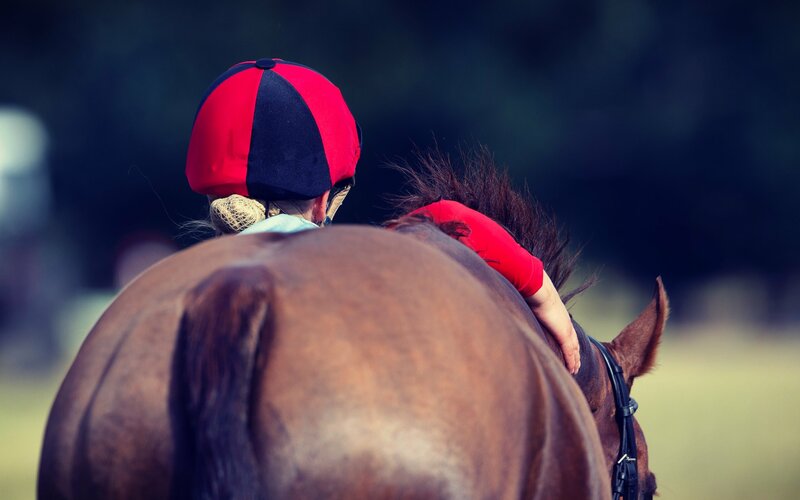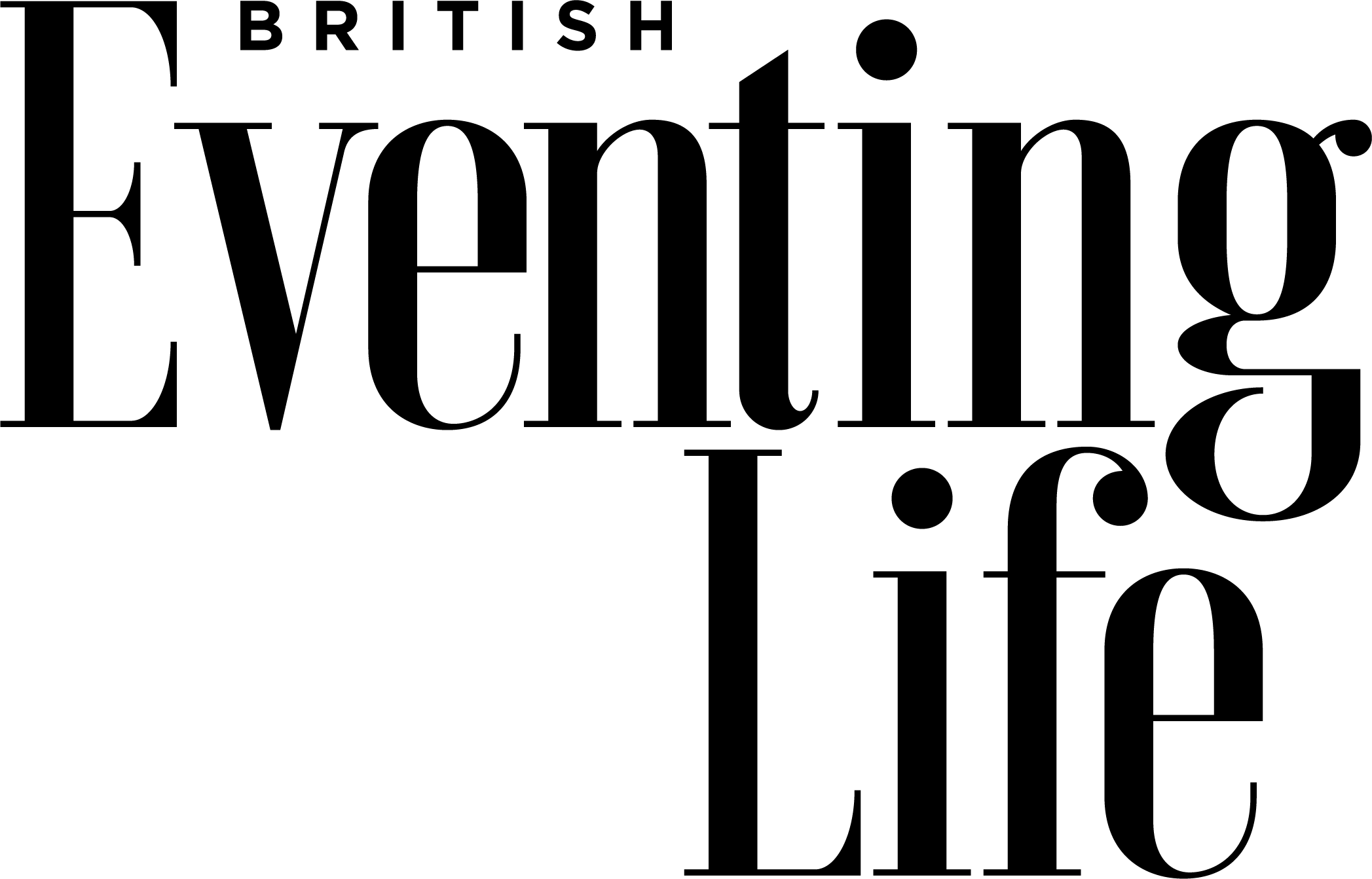
Vet’s tips: how to treat and prevent injuries at events
Sophie Meers offers her advice on how to avoid injuries at events and what essential equipment you need to be prepared to treat them should the worst happen.
One of the major problems faced by eventers at all levels is keeping our horses sound and injury-free. It is impossible to prevent injuries altogether, but by taking precautions and preparing our horses correctly we may go some way to reducing them.
One of the major problems faced by eventers at all levels is keeping our horses sound and injury-free. It is impossible to prevent injuries altogether, but by taking precautions and preparing our horses correctly we may go some way to reducing them.
It is important to do as much as we can at home to decrease the chance of injury at a competition, for example correct shoeing, dentistry, well-fitted tack along with the appropriate feed for the level of competition, fitness and training.
Fitness is key
Horses should have enough cardiovascular fitness for the level they are competing at. A tired horse is more likely to stumble, fall and make mistakes. Training should be carried out on a variety of surfaces and terrains to condition the entire musculoskeletal system (bones, muscles, tendons, ligaments and cartilage) with appropriate warm-up and cool down periods.
Try boots
Exercise boots and over-reach boots provide support and protection during the cross country phase. However, it is important to choose boots that allow air flow. Research has shown that excess heat in the tendons can increase the risk of injury. Cooling the tendons with ice boots following cross country or even galloping during training may limit micro-damage to the tendon and ligament fibres, allowing horses to recover quicker and prevent future injuries.
Regularly checking your horse’s legs for any heat, pain or swellings will allow you to pick up on signs of an injury early and take steps to prevent further damage occurring.
Your eventing First Aid kit
That said, even when employing preventative measures, injuries can happen when competing. Being equipped to deal with them in the first instance could prevent further damage and reduce recovery time. Below is a list of essentials for your eventing first aid kit:
- A clean bowl
- Small pair of battery clippers for trimming hair from around wounds
- Hibiscrub – use diluted hibiscrub to clean wounds
- Gauze swabs for cleaning and drying wounds
- Scissors
- Bandaging material – to bandage legs where tendon injuries are suspected or cover wounds:
- Melolin or other non-stick dressing in a variety of sizes to cover wounds
- Soffban (roll of non-adhesive bandage used to provide some padding within a dressing)
- Cotton wool
- Knitfix or other conforming bandage
- Vetrap or other self adhesive, elastic bandage
- E-band or other tough, adhesive dressing to secure bandage
- Microporous tape to secure and hold dressings in place
- Silver duct tape
- Antibacterial cream for applying to wounds
- Sterile saline (useful for cleaning wounds if there’s no access to clean water)
- Syringe for flushing wounds
- Latex gloves
- Thermometer
- Head torch
Of course, if you have any concerns – particularly regarding wounds over joints – then have the on-site vet take a look. Stay safe and sound!
About Sophie Meers
Sophie graduated from the Royal Veterinary College in London in 2011 and worked in equine practices in West Sussex, Berkshire and Cambridgeshire, including a hospital-based internship. She worked with all kinds of horses from family pets to top level competition horses (and even the occasional goat!). An ankle injury prompted a change in career direction in July 2016 and a new challenge as Veterinary Advisor at VioVet. Outside of work, Sophie is a keen event rider. When she is not riding, she can be found walking her two working cocker spaniels, Tally and Purdey.
We recommend you regularly check the expiry dates of products in your first aid kit and to also make sure you are aware of any ingredients on the prohibited substance list.
You've looked after your horse, now look after you! Try these feel-good food options.
You've looked after your horse, now look after you! Try these feel-good food options.
